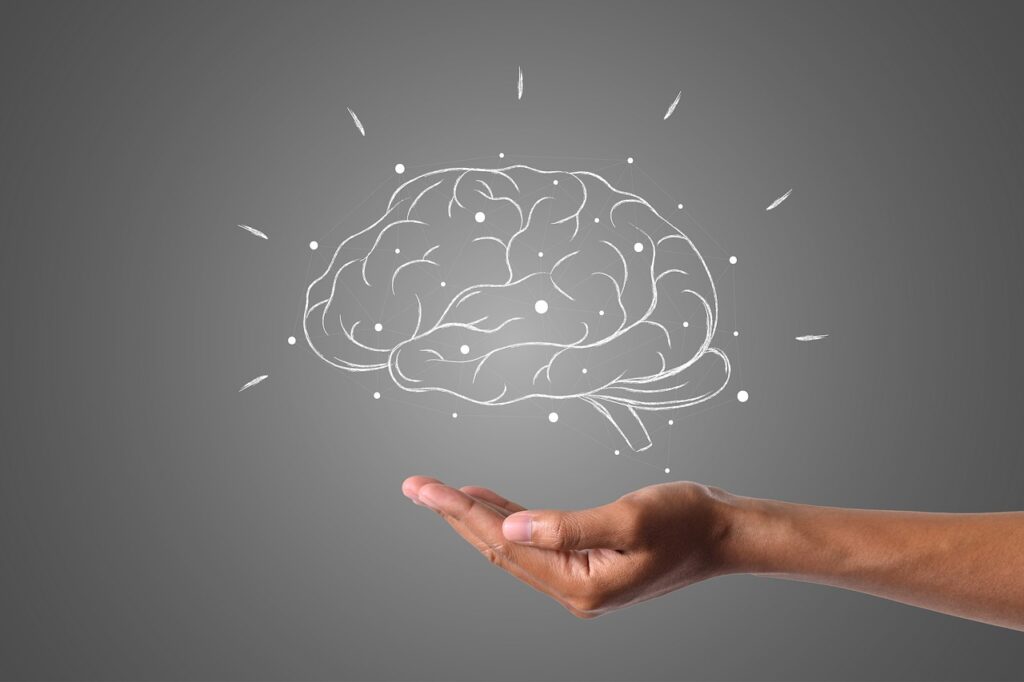Sleep is like a nightly reset button for your brain. While you rest, your brain gets to work, cleaning house, solving problems, and even sparking creativity. Let’s dive into the fascinating world of what happens in your head when you catch those precious Zs.
Your Brain Cleans Itself
Think of sleep as your brain’s nightly deep clean. During sleep, the glymphatic system—your brain’s waste disposal crew—flushes out toxins, including beta-amyloid, a protein linked to Alzheimer’s disease. Skimp on sleep, and those toxins start piling up, potentially leading to long-term issues. It’s like forgetting to take out the trash—not great for anyone involved!
You Become a Memory Master
Your brain uses sleep to organize the day’s events, like filing away important memories and deleting the junk. Here’s how it works:
- Non-REM Sleep: This is when your brain sharpens facts, skills, and knowledge.
- REM Sleep: Time to process emotions and piece together creative solutions.
Missing out on sleep? Expect brain fog, forgotten tasks, and a harder time learning new things.
You Keep Your Cool
Sleep is the ultimate mood manager. During REM sleep, your brain processes emotions, helping you handle stress and stay calm. Well-rested brains make better decisions and are less likely to overreact. Sleep-deprived? You might find yourself snapping at the smallest things or feeling overly anxious.
Your Brain Rewires Itself
Every night, your brain strengthens the neural pathways you’ve been using and trims the ones you don’t need. This process, called synaptic plasticity, helps you learn, adapt, and stay sharp. Imagine your brain as a garden—sleep is when you pull the weeds and water the flowers.
Creativity Takes the Stage
Ever woken up with a brilliant idea or a solution to a problem? That’s your brain at work during REM sleep, connecting dots you didn’t even know were there. Sleep is like your brain’s brainstorming session, making it a powerful tool for creativity.
Your Brain Refuels
Being awake is hard work for your brain, which uses up a lot of energy. Deep sleep—the slow-wave kind—helps restore these energy levels. Blood flow decreases in the brain during this phase, allowing it to focus on recharging so you wake up feeling refreshed and ready to go.
Hormones Go to Work
Sleep is a hormonal balancing act:
Melatonin: Guides your sleep-wake cycle.
Cortisol: Prepares you for the day ahead.
Growth Hormone: Repairs and restores your brain and body.
When you skip sleep, these hormones can go haywire, making you feel stressed, unfocused, or sluggish.
Why Sleep Matters
Skipping sleep isn’t just about feeling tired—it’s about robbing your brain of the time it needs to clean up, organize, and recharge. Prioritizing 7-9 hours of quality sleep every night helps your brain function at its best, boosting memory, mood, and mental clarity.
How to Support Your Brain’s Night Shift
Stick to a consistent sleep schedule
Create a calming bedtime routine.
Make your bedroom a sleep sanctuary—dark, cool, and quiet.
Final Thoughts
Your brain works hard for you every night, so give it the care it deserves. Sleep isn’t just rest; it’s restoration, problem-solving, and emotional balance. The better you sleep, the better you think, feel, and live. Sweet dreams!

